Tuesday, April 23, 2024
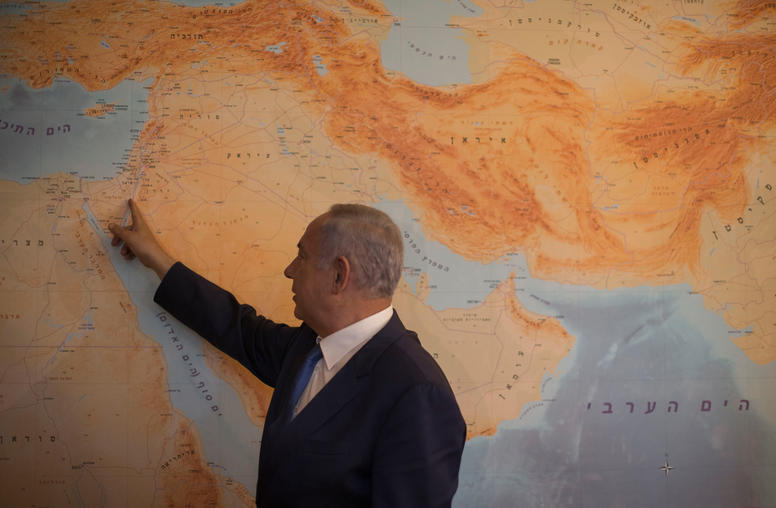
As Netanyahu, Trump Meet, How to Keep Doors Open to Peace?
Israeli Prime Minister Benjamin Netanyahu’s meeting with U.S. President Donald Trump in Washington tomorrow is likely to produce at least a few initial signs of next steps in a decades-long conflict—and equally long efforts to resolve it. It’s unclear how President Trump will engage on the stalled Israeli-Palestinian peace process, but he has indicated his interest in “making the ultimate deal.” He also recently issued a statement on the unhelpful nature of settlements, and affirmed his commitment to the two-state solution.
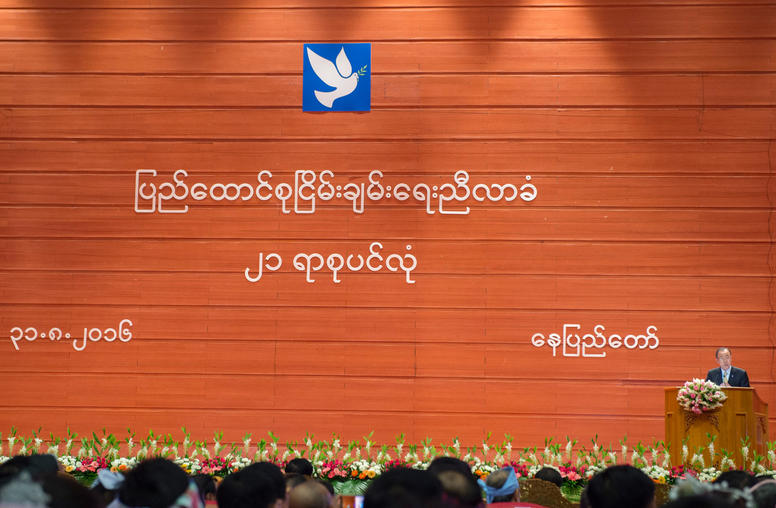
Can China Help Get Burma’s Peace Process Back on Track?
The second major political dialogue of Burma’s peace process was supposed to begin on February 28. But reports this week indicate that the meeting will be delayed until March. As Burma’s leaders scramble to bring all the relevant parties to the table, China also is playing a role in getting the process back on track.
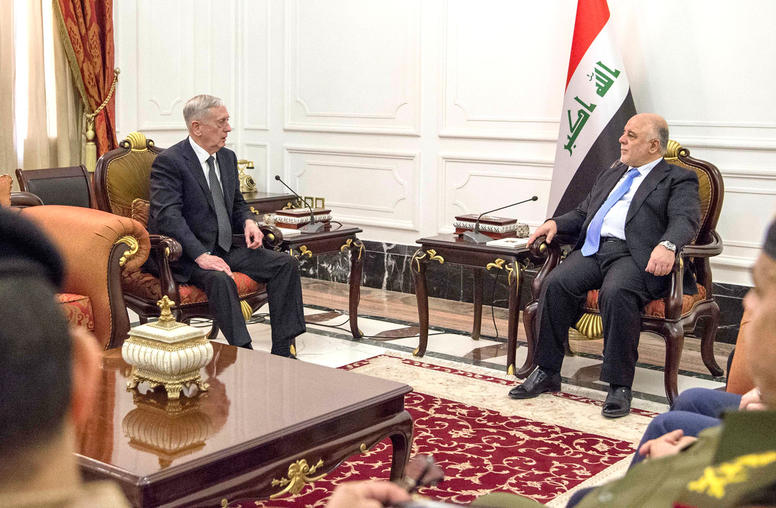
How Iran May Use Iraq to Deflect New U.S. Pressure
Iraq’s grinding war to dislodge the Islamic State from its last Iraqi strongholds has obscured a simmering — and in some respects equally important — political battle in Baghdad. At stake is Iranian influence in Iraq and how it might be used by Tehran to counter any increased pressure from the new U.S. administration in Washington. The latest maneuvers involve murky motives, foreign influence and multiple leaders of divergent constituencies.
Fight Against Violent Extremism Suffers Research Gaps
The Trump administration’s effort to craft a new White House strategy to defeat the self-styled Islamic State extremist group has revived key questions, such as why young people join such organizations and how to reduce violent extremism or even prevent it in the first place. A recent analysis of studies conducted over the past 18 years reveals significant gaps in research that undermine the ability to curb this pervasive threat.

Plan B for the Israeli-Palestinian Conflict?
President Trump took many watchers of the Israeli-Palestinian conflict by surprise with his Feb. 15 statement that he’s “looking at two-states and one-state” and would support a solution “that both parties like.”
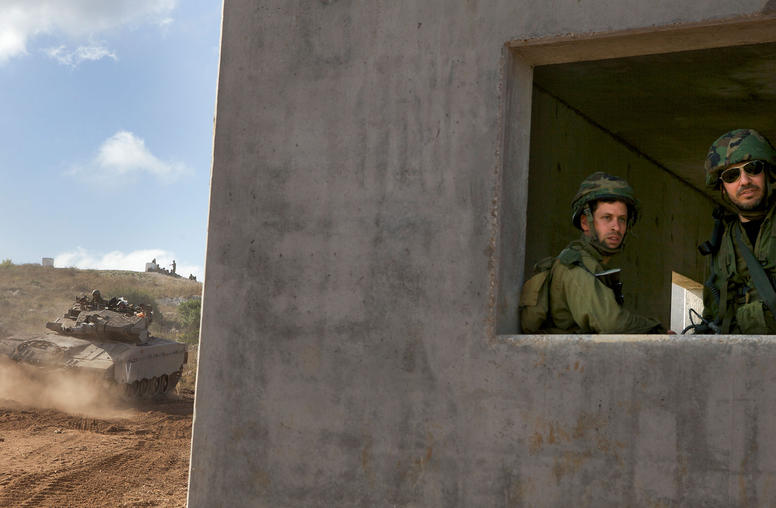
Despite Threats, Hezbollah Unlikely to Hit Israel Now
The Lebanese militia Hezbollah's intensifying threats against Israel, such as warnings that the group could cause massive casualties by striking Haifa’s ammonia facilities, probably are less dangerous than they appear. While an outbreak of fighting between the two antagonists is always possible, for now Hezbollah has little motive to disturb the unspoken rules that govern their enduring conflict.
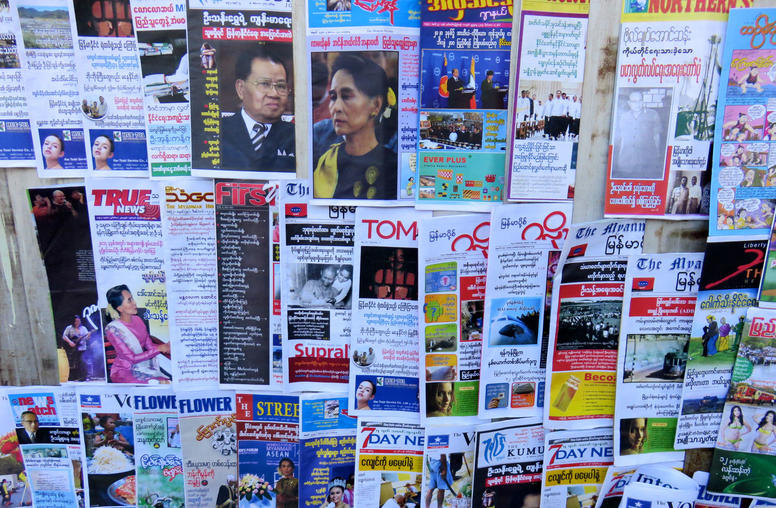
Burma One Year After Suu Kyi Victory (Video)
The United States needs to combine firm backing for democratic progress and human rights in Burma with a rigorous understanding of the country’s many divisions, to help ensure its development stays on track, says Derek Mitchell, a former U.S. ambassador there and now a senior advisor at USIP. He spoke in a videotaped conversation with USIP President Nancy Lindborg. They were wrapping up a week-long visit that included a meeting with now-State Counsellor Aung San Suu Kyi, whose party took power in March 2016 after 50 years of military rule.
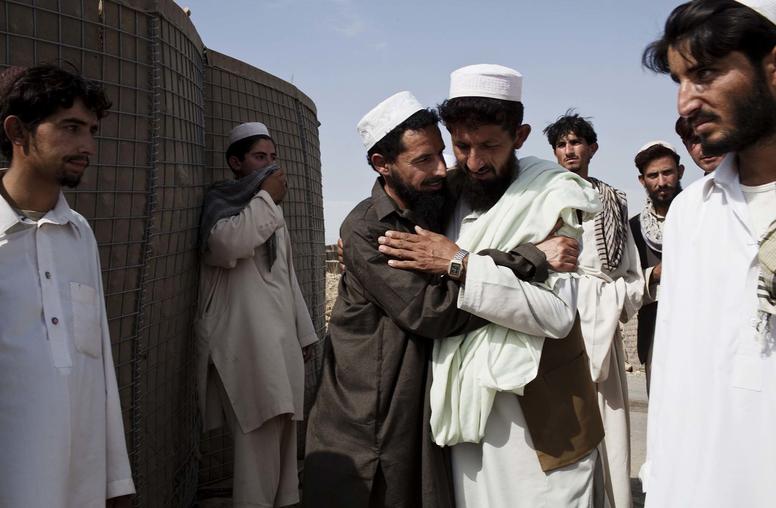
Sustaining a Hope for Afghan Peace
After 16 years of war in Afghanistan, is a door opening for a peace process? The Afghan government and the Taliban insurgents both publicly offered peace talks last month, although the Taliban insist they want to negotiate with the United States and not with the internationally recognized government in Kabul. Past moments of hope for an Afghan peace process have been dashed by missed opportunities and difficult politics on all sides.
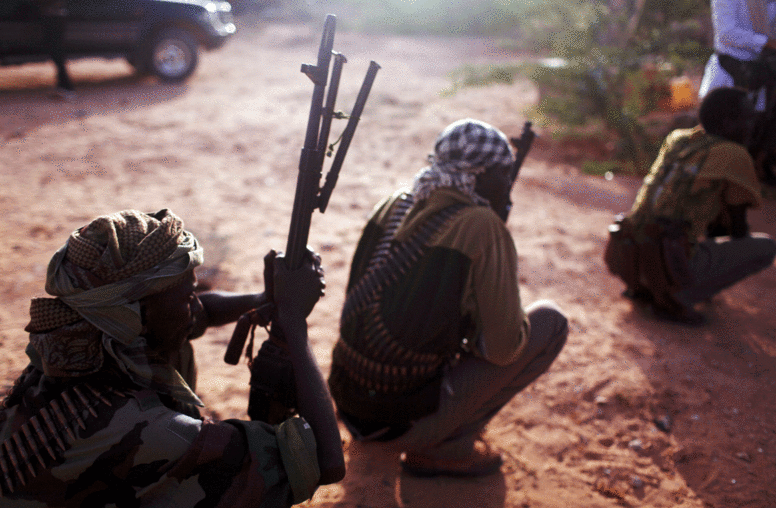
A Way Forward for the U.S. Government in Fragile States
Around the world, some countries suffer recurring bad fortune such as repeated famines, violence, and instability. For instance, Somalia has suffered multiple famines in the last decade, exacerbated by recurring terrorist attacks from al-Shabaab and a weak government that struggles to provide access to schools and health services. Elsewhere, Pakistan has been victim to numerous earthquakes that kill thousands in addition to persistent skirmishes with India, terrorist attacks and tensions with the United States over terrorist safe havens.
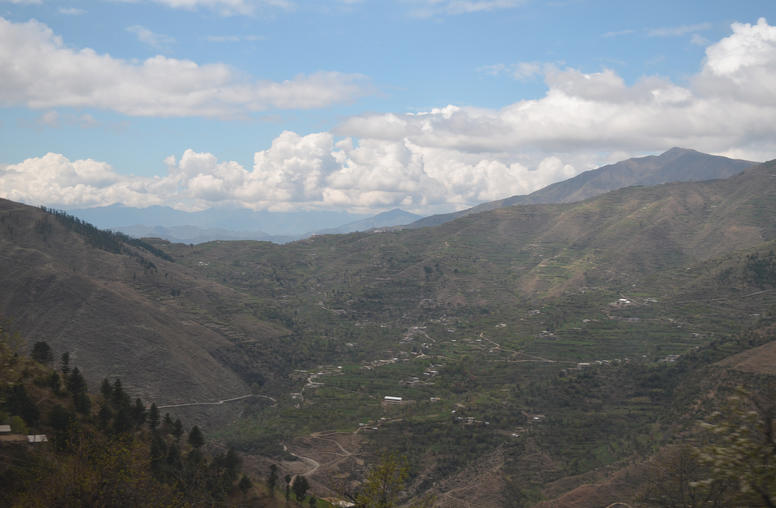
How Pakistan Deradicalizes Taliban Fighters
The boy’s name is kept secret by his protectors, but he is memorable for his former job with the Taliban: as a small, walking bomb. When he was 11 years old in a mountain valley of northwest Pakistan, Taliban fighters indoctrinated the boy as a suicide bomber...
